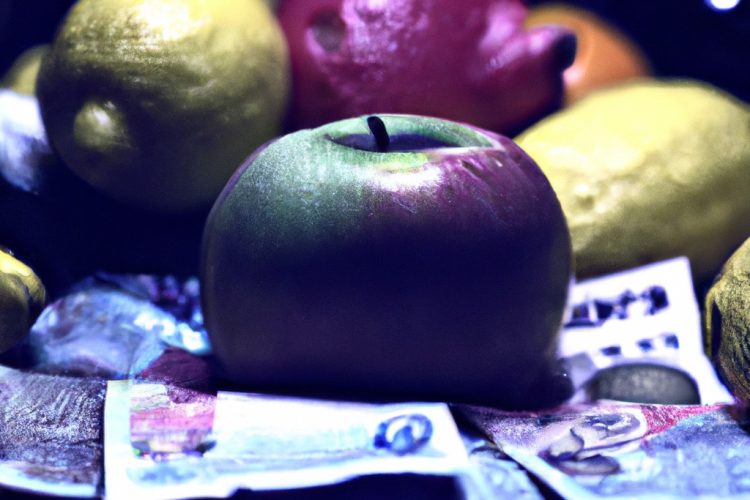Healthy diets cost poorest more, claims report
- Like
- Digg
- Del
- Tumblr
- VKontakte
- Buffer
- Love This
- Odnoklassniki
- Meneame
- Blogger
- Amazon
- Yahoo Mail
- Gmail
- AOL
- Newsvine
- HackerNews
- Evernote
- MySpace
- Mail.ru
- Viadeo
- Line
- Comments
- Yummly
- SMS
- Viber
- Telegram
- Subscribe
- Skype
- Facebook Messenger
- Kakao
- LiveJournal
- Yammer
- Edgar
- Fintel
- Mix
- Instapaper
- Copy Link
Posted: 26 June 2023 | New Food | No comments yet
The most recent edition of the Food Foundation’s Broken Plate report reveals just how expensive it can be to follow a nutritious diet.


The most deprived fifth of the population would need to spend 50 percent of their disposable income on food to meet the cost of the Government’s recommended healthy diet, and healthier foods are over twice as expensive per calorie as less healthy foods, shows new data from the 2023’s edition of The Food Foundation’s annual Broken Plate report.
The report shows that the most deprived fifth of the population would need to spend 50 percent of their disposable income on food to meet the cost of the Government’s Eatwell Guide, compared with just 11 percent for the least deprived fifth. The situation has deteriorated from the previous year, when the poorest fifth would have needed to spend 43 percent of their disposable income.
According to the report, healthier foods are over twice as expensive per calorie as less healthy foods, with more healthy foods increasing in price over the past two years by £1.76 per 1,000kcal compared with £0.76 for less healthy foods. When broken down by Eatwell Guide category, fruit and vegetables remain the most expensive category by a significant margin, costing on average £11.79 per 1,000kcal compared with food and drink high in fat and/or sugar costing just £5.82 per 1,000kcal.
“We cannot hold people personally responsible for their diet if we do not create realistic choices, a healthy environment, a positive culture and a supply chain to match,” said Lord James Bethell, Conservative Peer
The Food Foundation data makes for damning reading when it comes to the effect our food policy has on healthcare, with nearly 9,600 diabetes-related amputations carried out on average per year – that’s an increase of 19 percent in six years.
The report also claims that children in the most deprived fifth of the population over twice as likely to be living with obesity as those in the least deprived fifth by their first year of school. Healthy life expectancy in the most deprived tenth of the population is 19 years lower for women and 18 years lower for men than in the least deprived tenth.
This data comes following weeks of food policy headlines, all of which the Food Foundation claims “point to long-standing problems with the food system.” After HFSS regulations were pushed back the UK Government, Broken Plate claims that a third (33 percent) of food and soft drink advertising spend goes towards confectionery, snacks, desserts and soft drinks compared to just one percent for fruit and vegetables.
“It is a complete fantasy to suppose that the huge problems of diet-related disease are going to be solved by voluntary measures,” said Henry Dimbleby, Author of the National Food Strategy Independent Review.
“The commercial incentives for companies to produce food that makes us sick are overwhelming. Just look at the results of the voluntary sugar reformulation programme. Cereals and yogurts are a staple of many families’ diets, and the huge levels of sugar still in so many products is shocking. We need to do better.”
Ahead of the next general election, The Food Foundation is calling on policymakers to “recognise the importance of the food system in shaping the nation’s health and wealth, with recommendations (detailed below) for ensuring food is a source of prosperity for all.”
Related topics
Food Security, Health & Nutrition, retail, The consumer, Trade & Economy









